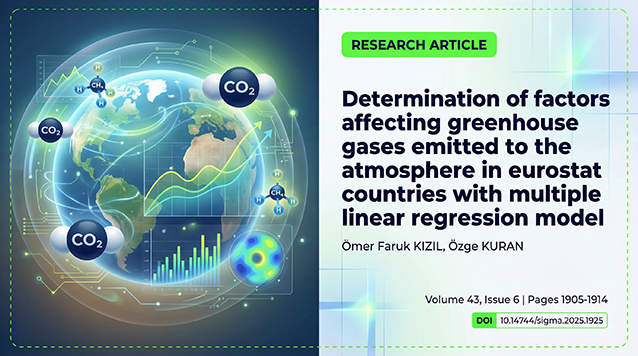Abstract
Global warming and climate change are two of the most popular and urgent issues to be solved in recent years for all countries in the world. Many international agreements and protocols have been signed to solve these two problems. The main goal of this act is to stop global warming and climate change by reducing the use of fossil fuels. The aim of this study is to evaluate the OECD countries' renewable energy performances and make proposals to guide future energy policies.
In the study, 35 countries in the OECD were taken as decision-making units. Per capita national income to demonstrate the renewable energy performance of OECD countries in 2010-2015 is included as input; electricity production quantities obtained by renewable energy sources as output variables. In the review, Window Analysis (WA) based on Data Envelopment Analysis (DEA) was used which is a powerful methodology used to determine the relative performance of Decision Making Units (DMUs).
As a result of the study, the top five countries with the highest renewable energy performance in 2010-2015 were Iceland, Finland, Portugal, Spain and Czech Republic respectively. The five countries with the lowest renewable energy performance are Mexico, Israel, Korea, Luxembourg and Switzerland. Turkey is taking 19th place in the relative renewable energy performance ranking among OECD countries. Increasing trend has been observed in Turkey's performance. Nevertheless, in order to be able to move to efficient position it is necessary to increase the renewable energy production by more than four-fold, almost five-fold.
















